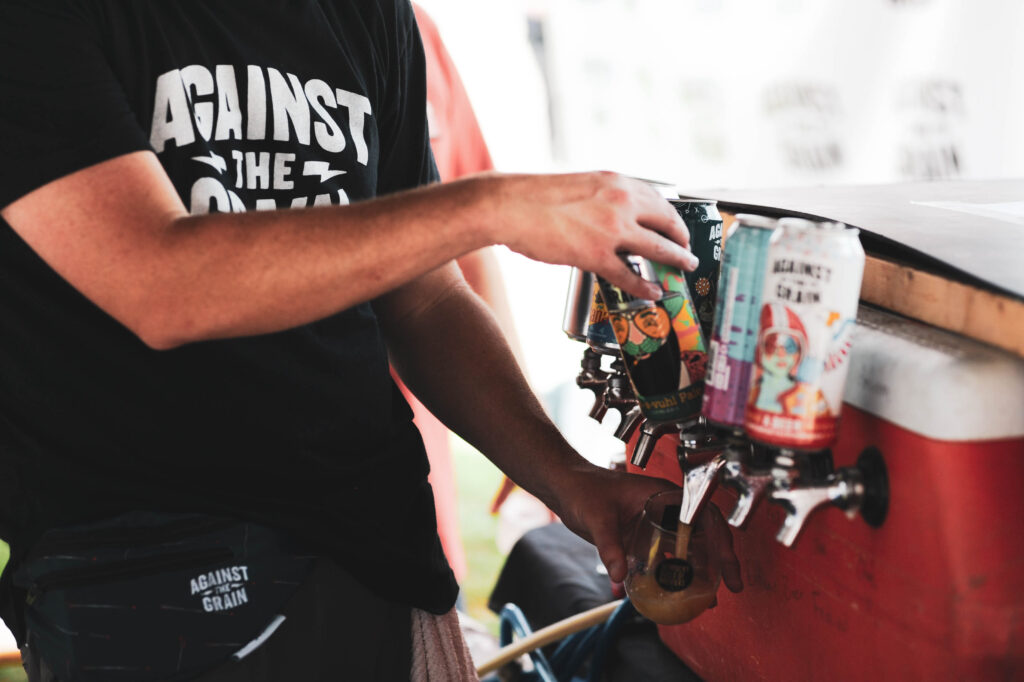 The Summer 2023 issue of Food & Dining Magazine — our 20th Anniversary issue — is now available in all the familiar places: Louisville area eateries and food shops, newsstands and online.
The Summer 2023 issue of Food & Dining Magazine — our 20th Anniversary issue — is now available in all the familiar places: Louisville area eateries and food shops, newsstands and online.
On those rare occasions when I’m compelled to visit the LinkedIn site (which invariably leave me yearning for a drink, or maybe eighteen) I always notice the acronym “MBA” littering the digital landscape not unlike all those discarded plastic cups in the grandstands after a ballgame.
MBwhat?
It stands for Master of Beer Advocacy, right? I mean, what else could the letters possibly signify?
This brings me to Jeff Alworth; if anyone is a masterful beer advocate, it’s him. In my view, Alworth is a great beer writer because he always makes the reader think, and no single piece of beer writing of late has compelled me to ponder quite as deeply as Alworth’s essay, “Did the pursuit of beer ‘styles’ lead us down a blind alley?”
Your attention to Alworth’s position in the matter of beer style is humbly requested. Go read it. Ponder it. The essay can’t be easily summarized in a pull or two, and there’s no pay wall. This said, these three excerpts somewhat summarize Alworth’s argument.
There’s nothing wrong with thinking about beer style per se, but it has become so codified and calcified that it’s as much a straightjacket as it is a tool for understanding. We won’t and shouldn’t abandon beer styles entirely, but I think we need to develop a new relationship to them.
How so?
(By backing) away from the idea of style as the sole or even most important way to understand beer. So many things are more important, like the history of a type of beer, the way it’s made, and the tradition it comes from. When we take styles in isolation, we shear these elements from a type of beer.
But there’ll be pushback.
The resistance to change comes, I believe, from a fear of what we’ll lose rather than what we’ll gain if we move away from styles. The fault here is the assumption that customers understand style in the first place. The only reason to slap “gose” on a smoothie sour is because a brewery thinks it will convey useful information to the customer. But aside from a very few descriptive terms—IPA, lager, pilsner, pale ale, stout—styles are meaningless to them. Conversely, Belgians are famously resistant to using style designations, even if their beers fall squarely in the center of a well-known tradition. And you know what? Customers still buy their beer.
I’ll return to Alworth’s case in due time, my reactions centering on what is best when it comes to teaching beer to newcomers, a task for which style consciousness seems fully appropriate, as opposed to internet thread wars between the knowledgeable (who may not always be as well informed as they think).
In the meantime, in case you’re wondering why Bud Light is in freefall, consider corporate ineptitude but shed no tears for the well-funded monolith, given that Garth Brooks promises to take care of everything.
In abandoning Dylan Mulvaney, the trans influencer, Bud failed to appease the group most theatrically outraged, but managed to turn off a whole new group who were disgusted by ABI’s response. Sales may be down because of the boycott, but it’s far more likely that they’re down such huge amounts because regular drinkers walked.
It couldn’t happen to a less sympathetic monopolistic entity, but if you need further proof, try here: AB-InBev Bought Its Way Into a Craft-Brewing Corner. Now It’s Trying to Cut Its Way Out, by Dave Infante (VinePair).
That’s not to say the company has done a good job of stewarding the craft beer category in its bought-and-paid-for role as its largest player. It hasn’t! And most of what has befallen ABI’s craft breweries — 13 by my count, including Platform Beer Co., which the macrobrewer abruptly shuttered last month after buying just four years ago — is ABI’s fault.
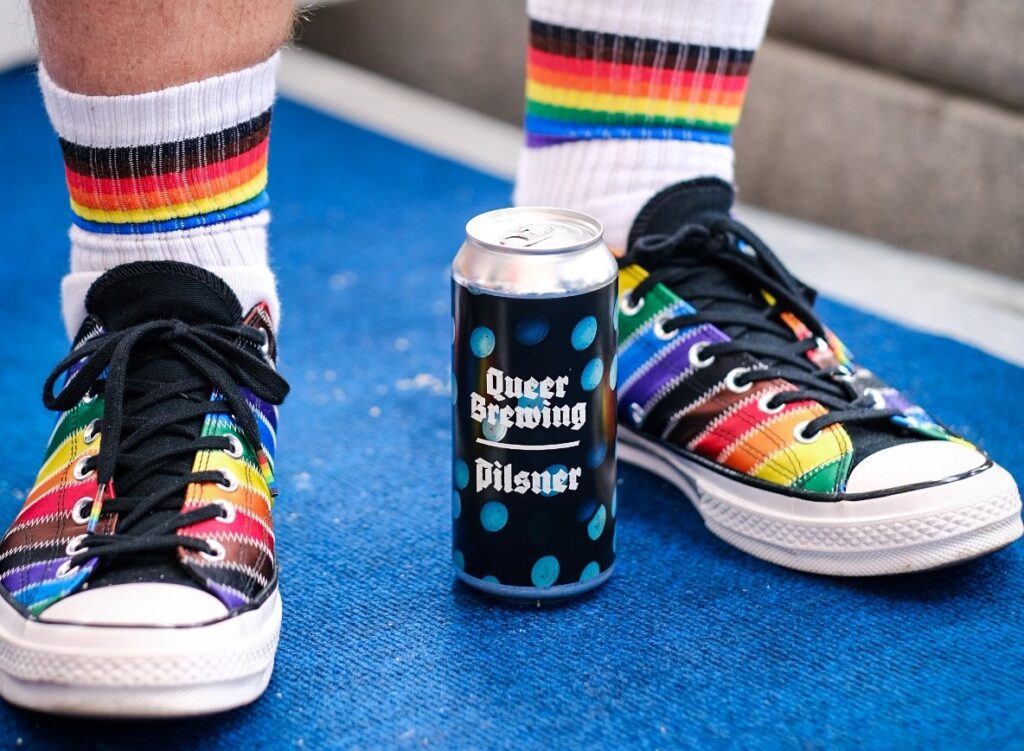
In the United Kingdom, the Campaign for Real Ale (CAMRA) offers a news item in support of Queer Pride beer.
Queer Brewing has revealed its first beer celebrating Pride month which will also help raise money for LGBTQ+ charity, Opening Doors. Pride Pils (5.2 per cent ABV) is a Czech-inspired pilsner made with pilsner malt and spicy notes from the Lubelski and Hallertau Mittelfrüh hops.
Here’s background about the Queer Brewing Project.
The Queer Brewing Project (at Facebook) was founded in early 2019 to provide visibility for LGBTQ+ people in and around beer, and to build community, advocate for LGBTQ+ rights, and raise money for vital LGBTQ+ charities. After recognising a significant lack of LGBTQ+ community in the beer world, founder Lily Waite set out to change that, by working with first UK-based, and then international breweries to take up space in an industry dominated by cisgender, heterosexual, male voices.
Queer Brewing has since grown from a passion project into an empowering brand and entity in its own right. In the 4 years since the project began, we’ve brewed over 50 different collaboration beers in 5 countries—we’ve teamed up with breweries in Denmark, Germany, Norway, and the USA, as well as plenty at home in the UK—raising a projected £25,000 for a whole host of incredible charities. Lily’s even been dubbed an “LGBTQ icon”. With each collaboration we do, we take a percentage of the sales and donate it to a LGBTQ+ charity of the collaborators choice.
 It’s certainly Pride Month, and it’s also just about time for Kentucky Craft Bash 2023, the 6th annual celebration coming Saturday, June 24 to Waterfront Park’s Festival Plaza (ticket info here). It’s Kentucky’s only beer fest organized by brewers, under the auspices of the Kentucky Guild of Brewers. 50-plus brewers large and small will be offering more than 150 beers, with rarities and one-offs slated for tapping throughout the day. Kentucky Craft Bash also will be featuring a women-in-beer booth, vendors, ax throwing, DJ Sam Sneed, and food trucks.
It’s certainly Pride Month, and it’s also just about time for Kentucky Craft Bash 2023, the 6th annual celebration coming Saturday, June 24 to Waterfront Park’s Festival Plaza (ticket info here). It’s Kentucky’s only beer fest organized by brewers, under the auspices of the Kentucky Guild of Brewers. 50-plus brewers large and small will be offering more than 150 beers, with rarities and one-offs slated for tapping throughout the day. Kentucky Craft Bash also will be featuring a women-in-beer booth, vendors, ax throwing, DJ Sam Sneed, and food trucks.
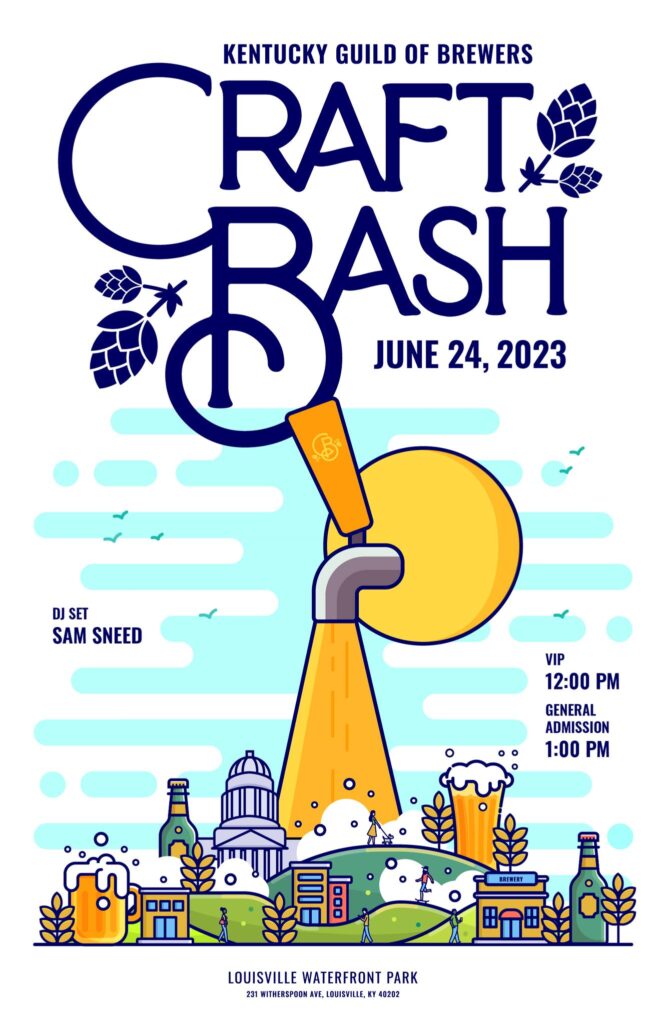
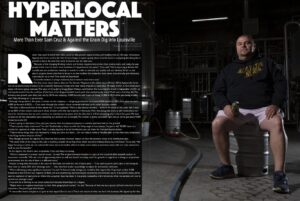
There’ll be a Craft Bash Pre-Party at Against the Grain Public House (Slugger Field) at 7:00 p.m. on Friday, June 23, as well as an official Kentucky Craft Bash Hangover Brunch at Gravely Brewin on Sunday, June 25 from Noon to 8:00 p.m.
By the way, check out the AtG “Gang of Four” co-owner Sam Cruz’s star turn in The Brewer Magazine: “Hyperlocal Matters: More Than Ever Sam Cruz and Against the Grain Dig into Louisville.”
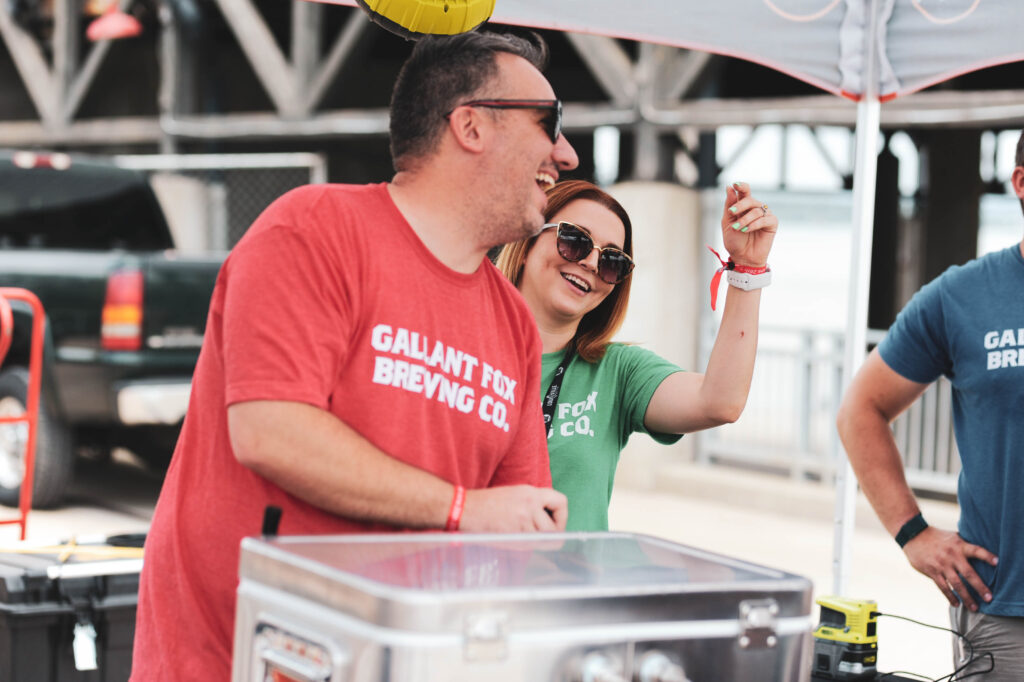
In closing this edition of Hip Hops, here’s the link to the latest installment of my unfolding “40 Years in Beer” series. Your attention is directed to the black and white photos appearing in this chapter, taken by Viktor Kolář (born in Ostrava in 1941), who is considered one of the most important exponents of Czech documentary photography. Kolář depictions of urban life in his native Ostrava region convey reality as witnessed during my time there in 1989, and are utterly fascinating. As always, thank you for reading: 40 Years in Beer, Part Twenty-Seven: Ladislav’s language — or, teaching credentials from a tiki bar in Ostrava.
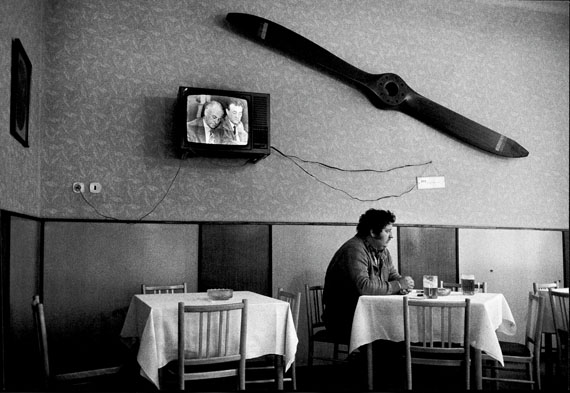







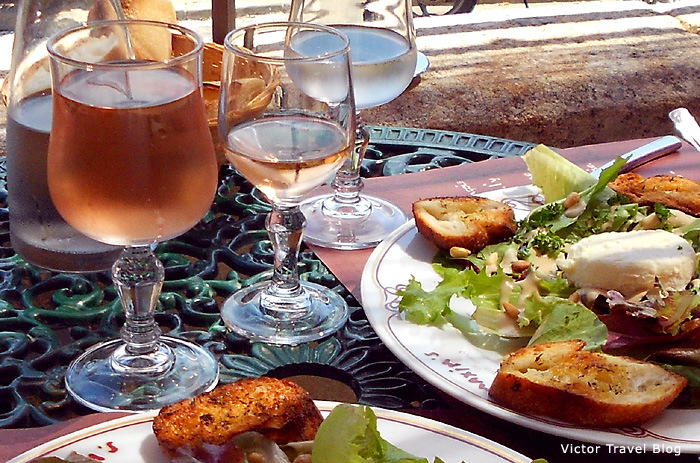










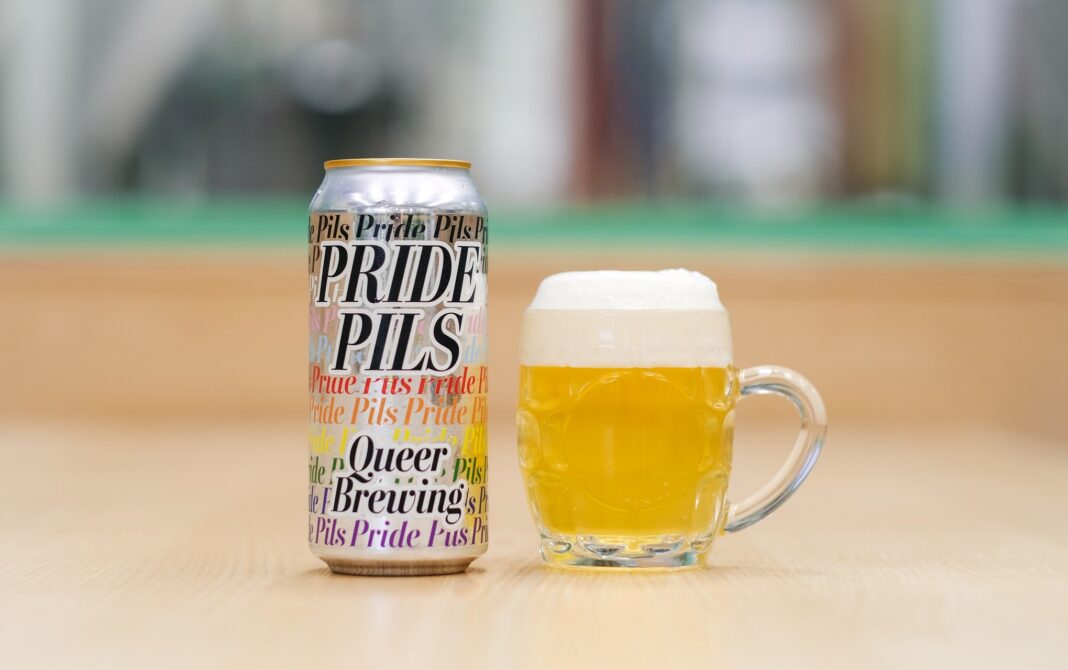
 Roger Baylor is an entrepreneur, educator, and innovator with 41 years of beer business experience in metropolitan Louisville as a bartender, package store clerk, brewery owner, restaurateur, writer, traveler, polemicist, homebrewing club founder, tour operator and all-purpose contrarian.
Roger Baylor is an entrepreneur, educator, and innovator with 41 years of beer business experience in metropolitan Louisville as a bartender, package store clerk, brewery owner, restaurateur, writer, traveler, polemicist, homebrewing club founder, tour operator and all-purpose contrarian.


